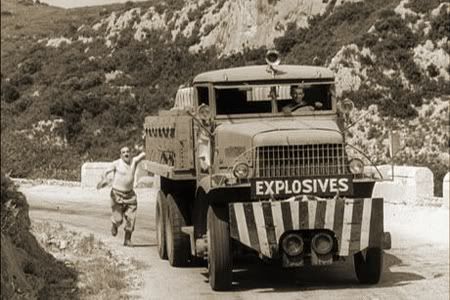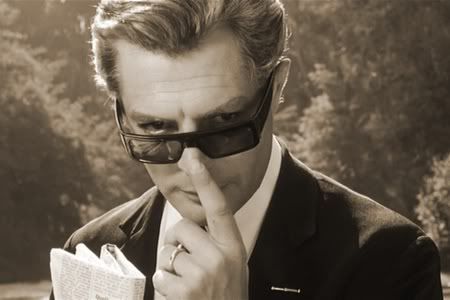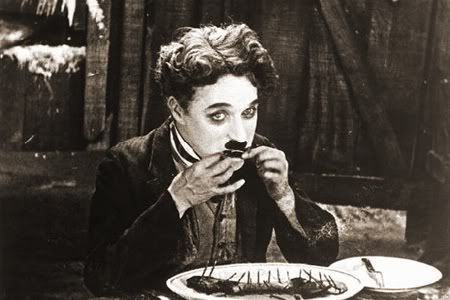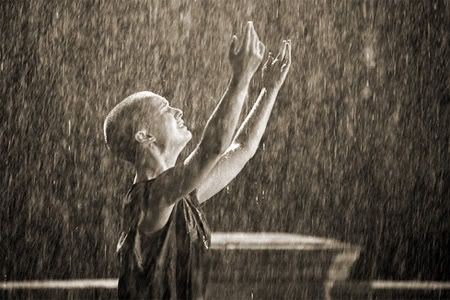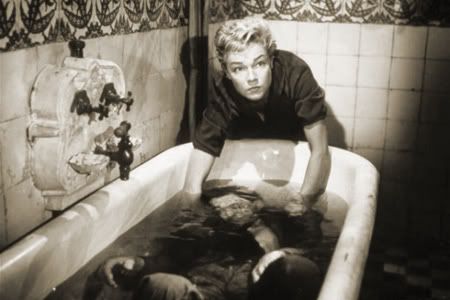
Les diaboliques is a French suspense film directed by Henri-Georges Clouzot (the same person that directed the film I reviewed in my previous post). The plot revolves around a boarding school headmaster, his wife, and his mistress. Both of the women are treated very badly by him, and when they realize that they can't take it anymore, they plot to kill him. They have planned what they believe to be a perfect murder, but everything goes the way they had planned.
The first two thirds of the movie feel like they have been heavily influenced by Dostoyevsky's Crime and Punishment. The body disappears, which leaves the women confused, and causes them to think that someone else knows about their secret. The wife of the killed man keeps thinking that they are going to get caught, and wants to turn herself in to the police. And even though the director managed to make this part very intense, the idea itself is not new.
Towards the end of the film, the direction, in which the plot unfolds, changes dramatically. The suspense deepens. Some unexplainable things start to happen, and for a second I started to think that may be it was going to turn into some sort of a mystic horror movie, I really didn't know what to expect. I don't want to give it all away, but I just want to say that the ending exceeded all of my expectations. And I'm not only talking about the substantial part, but also the camera work, the lighting, the pacing, everything.
This movie contrasts Clouzot's previous film (The Wages of Fear) so much, that it's hard to believe both movies were directed by the same person. He was able to create so much suspense, without even using any background music, and, I hope that Hitchcock's fans will forgive me for this, but I found this movie even more thrilling than Psycho. Highly Recommended.
Interesting fact: The film is based on Pierre Boileau and Thomas Narcejac's novel "Celle qui n'était plus" (She Who Was No More). Alfred Hitchcock also attempted to buy the rights to this novel; Boileau and Narcejac subsequently wrote "D'Entre les Morts" (From Among the Dead) especially for Hitchcock, who filmed it as Vertigo (1958).
Favorite quote: "I may be reactionary, but this is absolutely astounding - the legal wife consoling the mistress! No, no, and no!"

